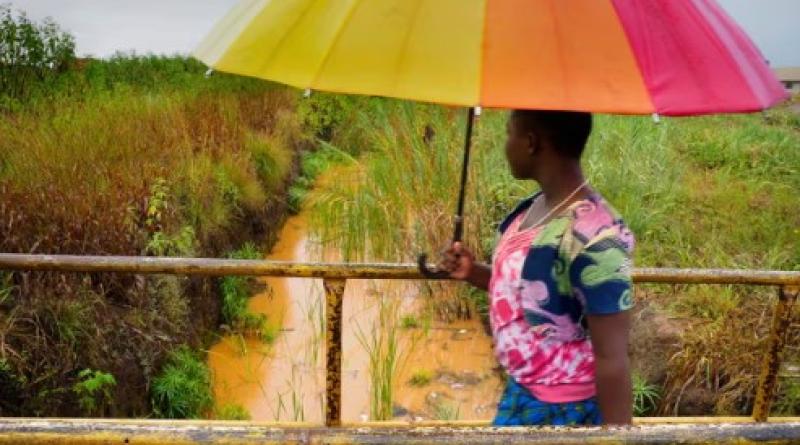Judge throws out Kabwe lead-poisoning case against Anglo American mining

A South African court has thrown out a case brought against the multinational mining company Anglo American on behalf of 140,000 Zambian women and children, who allege they have suffered lead poisoning from one of its mines.
The lawsuit, one of Africa’s largest class-action cases, was filed in October 2020, accused Anglo American of negligence over its alleged failure to prevent widespread lead poisoning in the Zambian town of Kabwe, where its South African subsidiary is alleged to have played a key role in running a large mine from 1925 until 1974.
Lawyers representing the women and children from the South African firm Mbuyisa Moleele and the UK-based Leigh Day, which made its name bringing human rights and personal injury cases, said they would appeal against the judgment.
The Kabwe lead mine – formerly known as the Broken Hill mine – reportedly contributed to extensive environmental pollution in towns and communities living in the vicinity.
Medical studies have shown children from Kabwe have record-high levels of lead in their blood. Lead poisoning can cause health problems ranging from learning difficulties to infertility, brain damage and, in some cases, death.
Anglo American has denied responsibility for the lead poisoning.
In a joint statement, Richard Meeran, a partner at Leigh Day, and Zanele Mbuyisa, a founding partner at Mbuyisa Moleele, said: “We are extremely disappointed by the judgment, which we consider to be fundamentally flawed.
“We remain committed to securing justice for the 140,000 women and children affected by lead poisoning in Kabwe and the communities have made their intention to appeal very clear,” they said.
In a 126-page judgment delivered on 15 December, Justice Leonie Windell, of the Johannesburg high court, said: “The applicants seek permission to advance an untenable claim that would set a grave precedent.
“The precedent is that a business could be held liable half a century after its activities have ceased, to generations not yet born, as a result of being tested against future knowledge and standards unknown at the time.”
The lawsuit was filed in South Africa because Zambia does not allow class-action cases and lawyers are not permitted to act on a contingency-fee basis.
“We remain committed to securing justice for the 140,000 women and children affected by lead poisoning in Kabwe and the communities have made their intention to appeal very clear,” they said.
In a 126-page judgment delivered on 15 December, Justice Leonie Windell, of the Johannesburg high court, said: “The applicants seek permission to advance an untenable claim that would set a grave precedent.
“The precedent is that a business could be held liable half a century after its activities have ceased, to generations not yet born, as a result of being tested against future knowledge and standards unknown at the time.”
The lawsuit was filed in South Africa because Zambia does not allow class-action cases and lawyers are not permitted to act on a contingency-fee basis.





